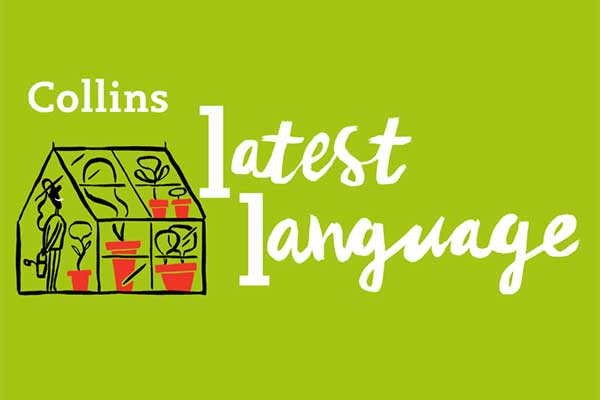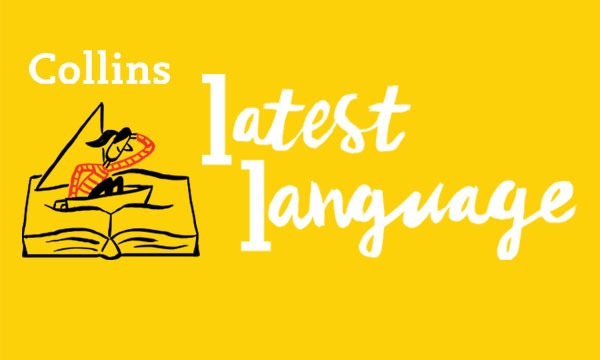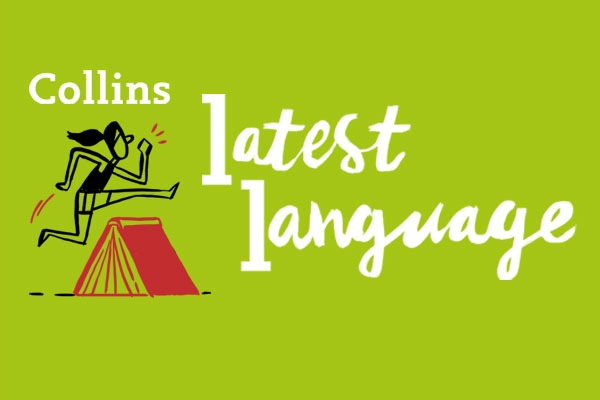The online version of the Collins Dictionary has just been updated again, with another batch of new words and meanings inspired by the events of the summer.
Perhaps the most newsworthy word of the past month was moonshot, which hit the headlines thanks to Boris Johnson using it in connection with his ambitious plan to introduce mass testing for COVID-19 in Britain. This word was originally associated with the American space programme of the 1960s, and its traditional dictionary definition has been ‘the launching of a spacecraft to the moon’. However, the idea of the ‘moonshot’ has also come to be used as a metaphor for an undertaking that seeks to achieve an unlikely goal but may generate enormous rewards. In business, projects that seek to find a cure for cancer or develop driverless cars can be called ‘moonshot projects’, and the appropriation of the metaphor as a political slogan has guaranteed this extended sense of the word a place in the dictionary.
A rather different leap of ambition is behind another of this month’s new words. The activity of balconing involves attempting to jump into a swimming pool from a balcony that overlooks it, usually attempted after drinking too much alcohol. This turns out to be an extremely dangerous thing to do, and has led to the deaths of several tourists in Spanish holiday resorts. The exasperated Spanish authorities coined the word ‘balconing’ to describe the activity, and the absence of a letter ‘y’ can be explained by the fact that the Spanish word for ‘balcony’ is ‘balcón’.
For those preferring to ‘staycation’ at home – the use of staycation as a verb has just been recognized by the dictionary as well – one holiday option that has come to the fore is wild camping, which is defined as ‘the activity of camping in remote places that are not designated as campsites’. This may conjure up images of waking up on the shores of a remote Scottish loch with only a few gulls for company; unfortunately, the reality is occasionally less picturesque. The large numbers of people engaging in wild camping as a way to escape from lockdown have generated a dramatic rise in antisocial behaviour, littering, and environmental damage in national parks and beauty spots, much to the dismay of considerate campers (who brand such practices ‘dirty camping’), and led to the activity being banned in several places.
Written by Ian Brookes, writer and editor.
All opinions expressed on this blog are those of the individual writers, and do not necessarily reflect the opinions or policies of Collins, or its parent company, HarperCollins.



